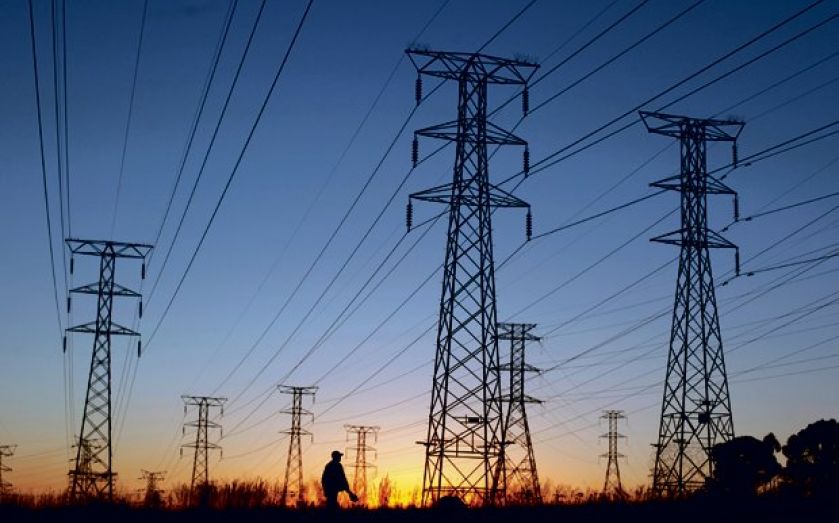As National Grid warns of a winter electricity capacity squeeze, is UK energy policy to blame?

Matthew Sinclair, an economist and author of Let Them Eat Carbon, says Yes.
The UK’s energy sector used to do quite a good job of delivering affordable and reliable energy. Politicians then made a number of interventions which increased costs and reduced reliability.
First came obstacles to the construction of new coal capacity, then the deployment of renewable energy technologies.
The cost of investing in renewables needed to be recouped in higher profits in the sector, and higher prices for consumers. That led to a predictable political meltdown, destroying confidence that investors would get their money back.
Now, industrial firms face high prices and unreliable supply, undermining the competitiveness of UK manufacturing.
If politicians do not reconsider our disastrous energy policy, and choose more effective and affordable means of contributing to a reduction in global greenhouse gas emissions, the best we can hope for is higher and higher costs, and more and more money wasted.
Matthew Hancock, minister of state for business and enterprise and minister of state for energy, says No.
We have a long-term plan to boost energy supply, build new energy infrastructure and we will make sure energy needs are met this winter. This government’s policy is the solution to years of underinvestment.
Yesterday, we announced National Grid would be given new tools to meet any unexpected energy demand this winter, and we’re working through our long-term plan to turn around Labour’s legacy of underinvestment in our energy sector.
We’re putting three power stations on standby to make sure homes and businesses across the country will be energy secure in the colder months ahead. Over the rest of this decade, we will complete our £100bn plan for electricity generation infrastructure.
We’re driving investment in renewables, getting new nuclear power stations built and exploring the shale gas deep beneath the land.
